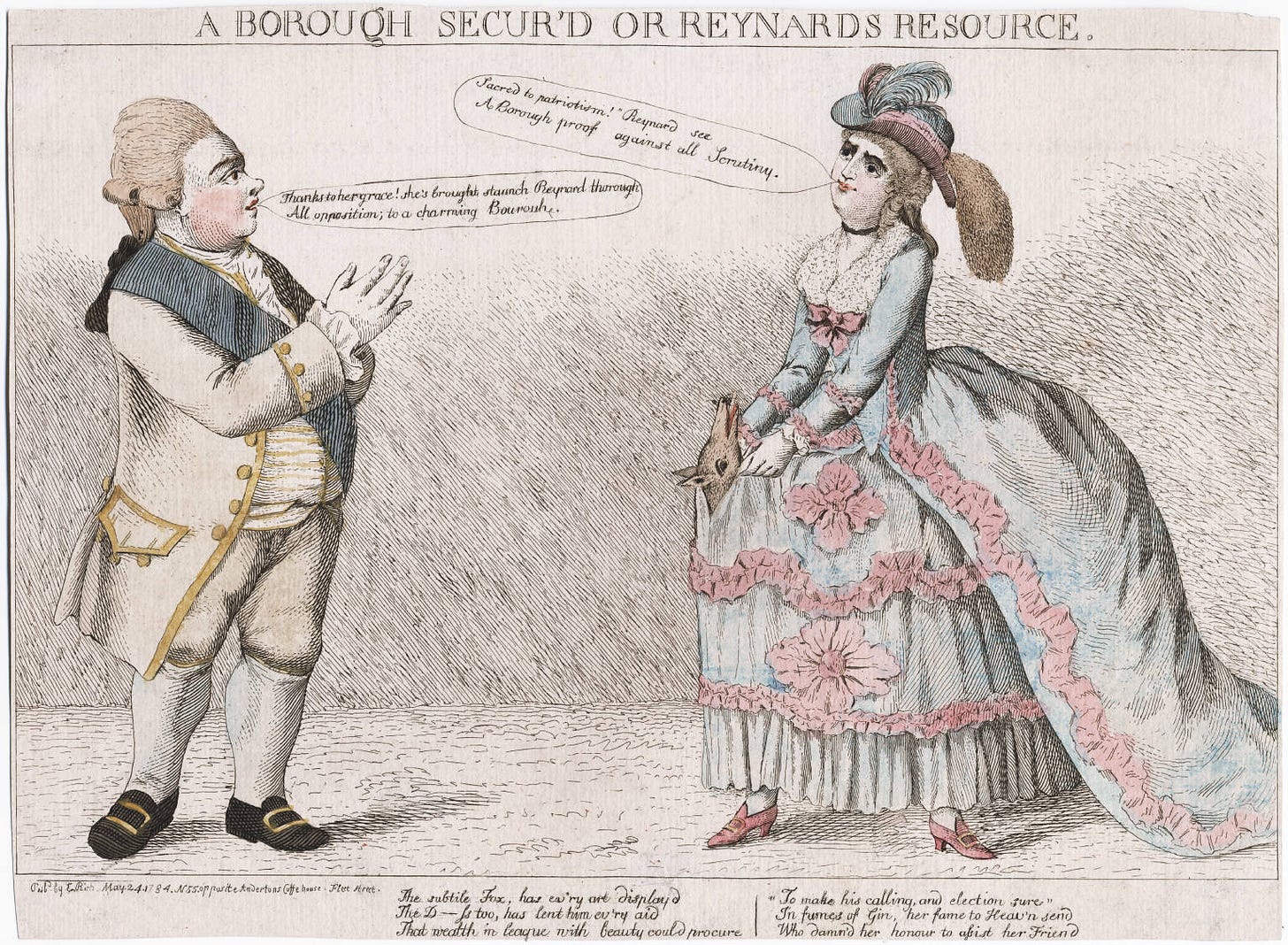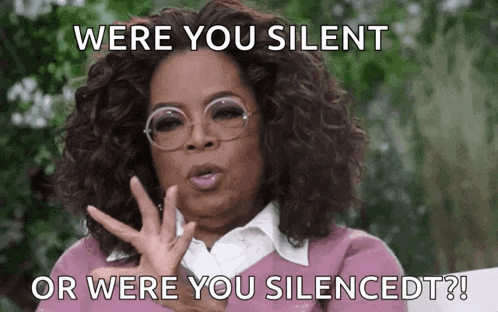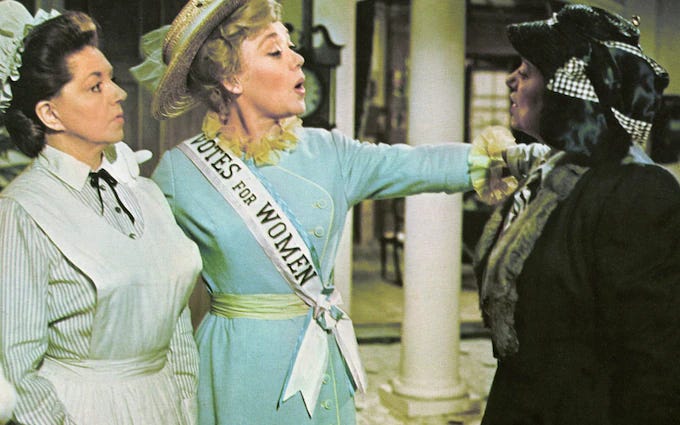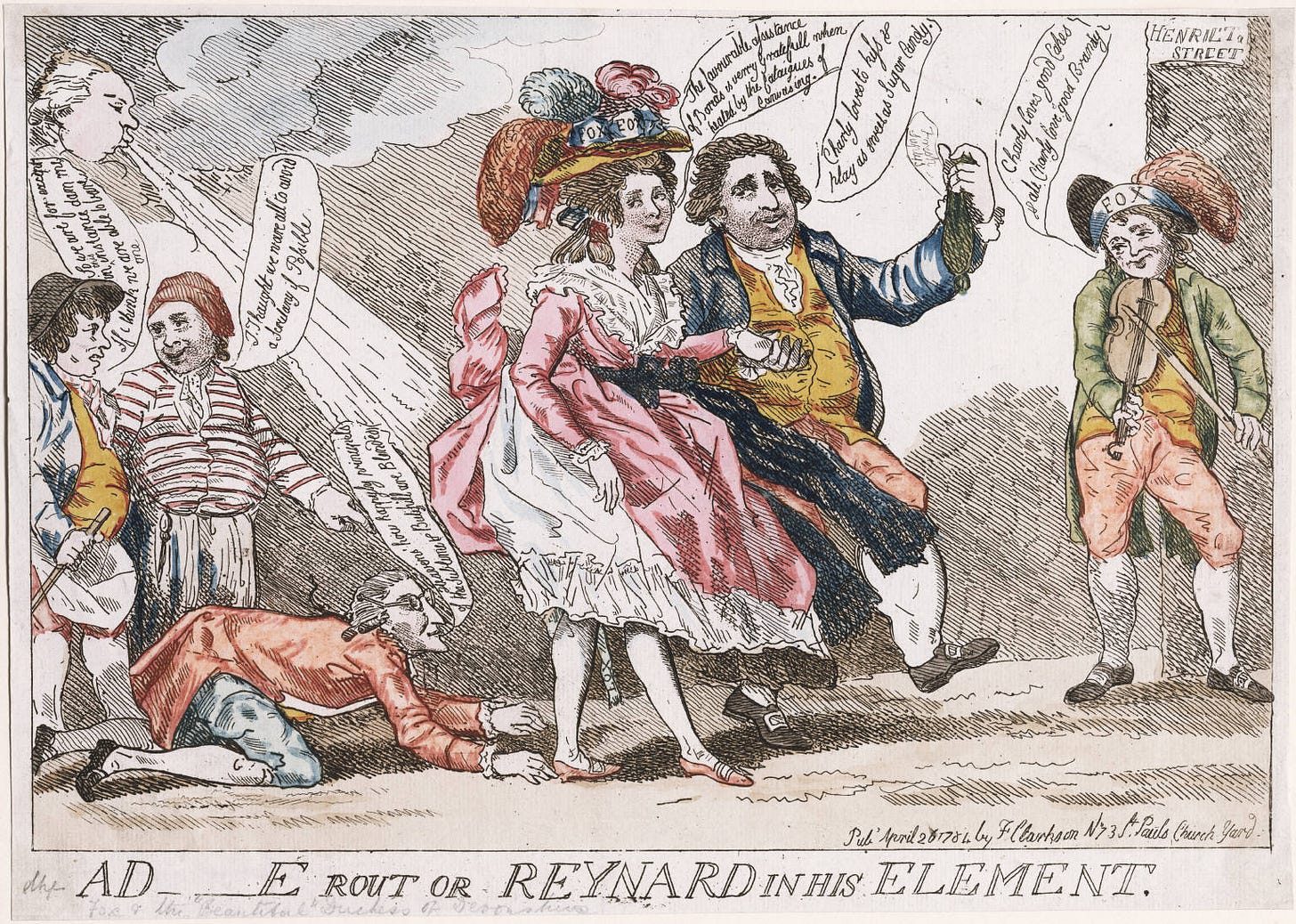Discussing politics with women, for dummies. Step 1: include them
On the US election and the magnifying glass it has put on our conversational gender divide.
The US election comes up at work — lot. I work in news and the office is rarely a place of tranquil back and forth, more often than not it is a constant caterwaul of conflicting ideas, nonstop information and about three trillion television screens with various news channels playing at any given time. But, for the first time ever, I have noticed an area of communication that is actually more successful in the office than out: discussing politics. I generalise, of course, but the contrast is indisputably there.
Crocheting, squash, the periodic table, stocks and bonds - just a few examples of things I don’t know an awful lot about. Current affairs, though, I have a few stripes in. It’s not exactly a flex. It would almost be more impressive if I could successfully do my job and each day remain blissfully unaware of everything that is going on in the world. Very often that would be preferable, actually. However, it does come in handy occasionally, when you’re doing the FT quiz with friends on a long car journey for instance, or find yourself in the office kitchen with an editor. Or, when one political event is dominating all conversation. It could be Brexit, it could be the latest budget or the US presidential election. Despite this, I keep finding myself in conversations with men who know me and my career yet find my voice being stifled.
There is a big part of me that wants to admit that I am sometimes to blame. Politics chats can get heated and, whilst I almost relish this amongst my family and closest friends, patriarchal conditioning often gnaws at me, begging to keep any social interaction light and civil. I will probably sit quietly and nod like a novelty dog on a dashboard whilst the males around me command assertions. What they know to be true about the election that they themselves can’t vote in, but they have listened to a least two episodes of The Rest is Politics: US. There often comes a point when I can hold it in no longer and will gently offer up a morsel that I myself know to be true. Data gathered in the newsroom or a quote from an interview given at the publication I work for. This is the part where someone will usually bark back at me and I will fight against rosy cheeks and assume my former role of plastic pup. Whilst it takes two to tango, I am resolved that it is on the other 50% to invite us back into the conversation we have been kept out of for so many years. Why should we be expected to batterram our way back from exile?
Kamala Harris famously asked, “You think you just fell out of a coconut tree?”. The idea that everyone is a product of their culture and surroundings has been accepted by most educated audiences and yet, according to the Alan Turing Institute, three in four women are not comfortable expressing their political opinions online. Among many reasons for this were fears of misogyny, trolling, threats and harassment. We know the internet isn’t always a direct correlation to behaviours in the flesh, but it is a solid indicator. Women know there will be repercussions for getting involved in political discourse.
Over here in the UK, the first woman elected to Westminster was Constance Markiewicz, and the first one to take up her seat in Parliament in 1919 was American-born Nancy Astor. British women have only been allowed to see the inside of the House of Parliament for just over a century, 50 years after the first colour photograph was taken. So maybe it isn’t so surprising that our participation feels unfamiliar. But, that being said, MPs themselves have voted Margaret Thatcher as the most successful war-time prime minister so something doesn’t quite add up.
The irony in all of this is that my friends and I love nothing more than really digging into the nitty gritty parts of current affairs. Despite the popular propaganda that, once a group of women are placed together, an invisible gossiping virus takes hold making it impossible to discuss anything other than tumultuous relationships and Strictly Come Dancing (which I have NEVER done…), chatting politics is a favoured pastime. From despairing over Roe v. Wade to dissecting Kamala’s ‘Brat’ movement, those conversations are some of the most poignant and illuminating I’ve had.
The thing is, I’m sure that boys and men feel the same. They have their language and we have ours. The issue is, unless we start forcing ourselves to be more gracious in conversation and take an active interest in other voices, the high stakes of results such as the ones that will come from tonight, will never get any lower.






